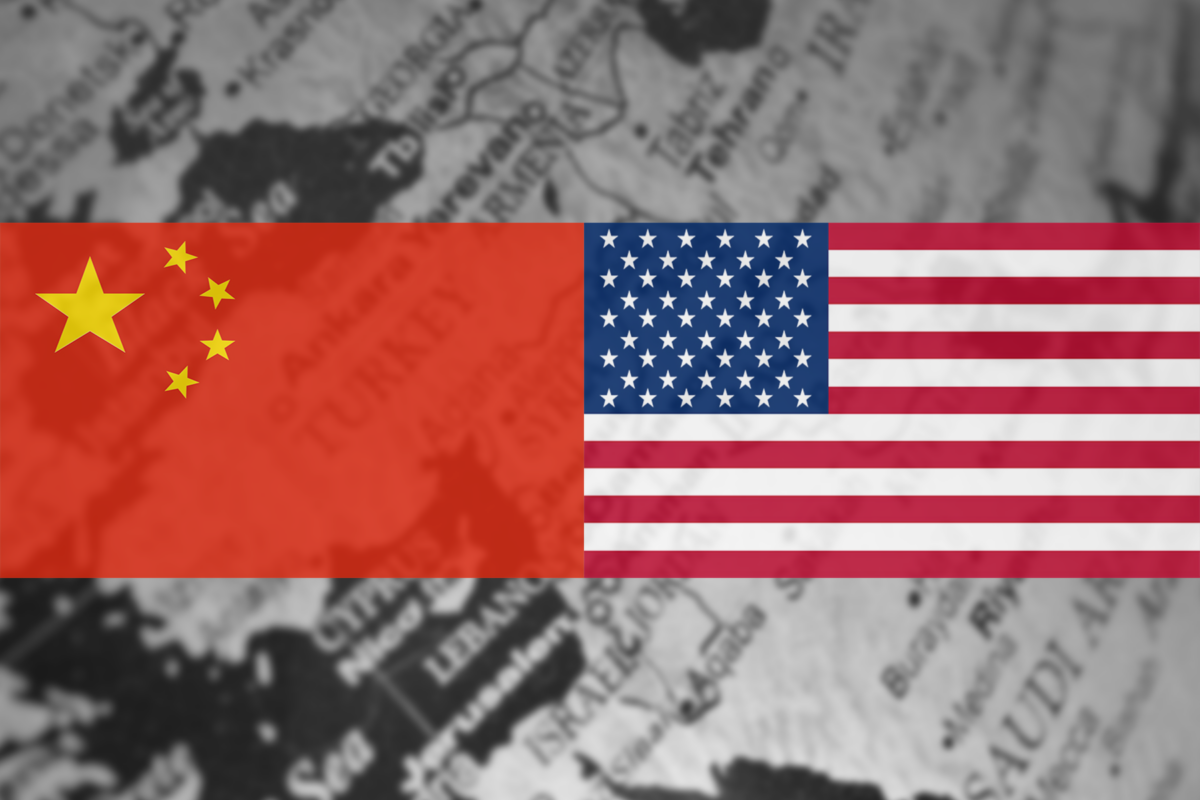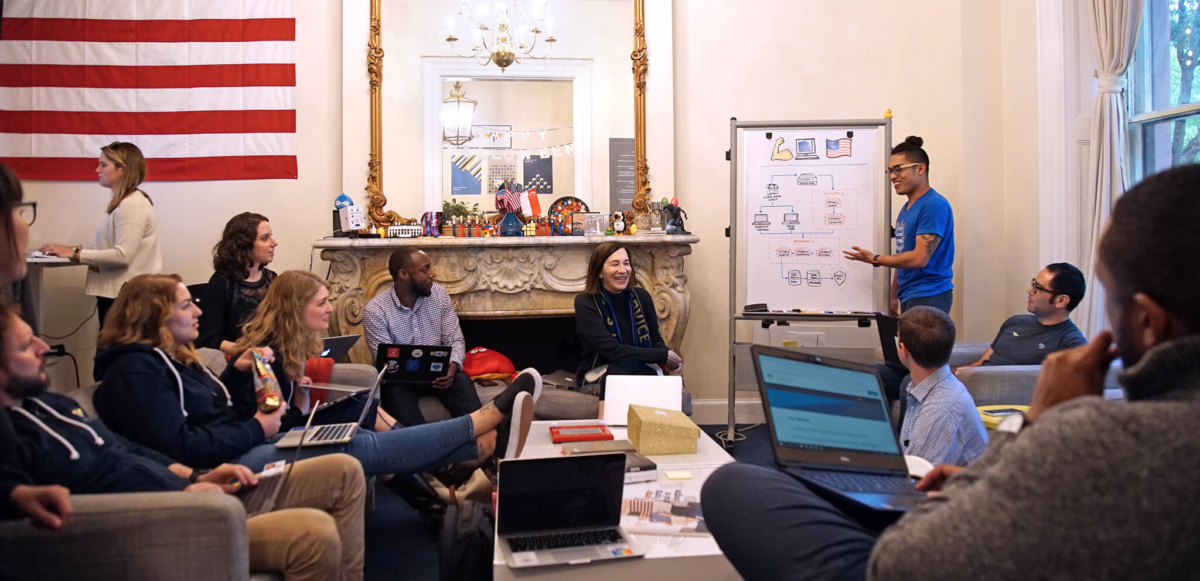technology
Explore all Articles
filter by–Region
filter by–Country
search by–Keyword

U.S. National Security Policymakers Are Learning (Some Of) The Wrong Lessons from Ukraine
02.28.25
“Since Russia’s invasion of Ukraine in February 2022, there has been a wave of speculation in U.S and other media about the rise of new technologies in warfare. However, many policymakers are drawing the wrong conclusions: that due to the rise of robotics, drones, and artificial intelligence, warfare will be radically smaller. Instead, the evidence from Ukraine points to the fact that while technological change is occurring, mass remains an essential component of modern warfare and U.S. national security policy needs to adjust accordingly.”

An Interview with OpenAI CEO Sam Altman
05.8.24
On May 1st, HKS Student Policy Review Senior Editor Chacier Alexander sat down with OpenAI CEO Sam Altman to discuss the future of artificial intelligence.

Interview with Daniel Dennett: AI, Free Will, and the Future of Humankind
04.20.24
HKS Student Policy Review Senior Editor Chacier Alexander held a joint interview with Symbiotic CEO Riccardo Di Molfetta and cognitive scientist Dr. Daniel Dennett on his perspectives on the philosophical implications of artificial intelligence, the challenge of aligning advanced AI systems with human values, and whether AI consciousness or free will would be functionally different from their biological counterparts.

Interview with Symbiotic CEO Riccardo Di Molfetta
03.13.24
At Symbiotic, Artificial Intelligence transcends mere automation. Under the guidance of Riccardo Di Molfetta, Symbiotic isn’t just a company—it’s a driving force propelling society toward a future where AI aligns with humanity’s highest values and principles.

Planned Obsolescence: Exploring the Role of Free Markets and Regulation in the Right to Repair Movement
05.10.23
Last month, Tesla was hit with two class action lawsuits from Model S owners who claimed they were charged excessively high prices and faced long wait times for vehicle maintenance and repairs; John Deere faced a similar class action lawsuit over their alleged violation of antitrust laws through their tractor repair policies, including software locks […]

Max Baucus and Dave Camp: Protecting American Businesses Starts with Increasing Transparency at the USITC
04.19.23
We stand at a pivotal moment in our country’s history. Domestically, inflation is forcing Americans to stretch every last dollar to afford to put groceries on the table and fill up their cars. Globally, the United States must contend with Russia’s invasion of Ukraine and the rise of autocratic governments. In the face of these […]

A Leap Across the Rubicon: The Quest to Bridge the IP-AI Nexus in Singapore
11.11.22
AI is poised to dominate the economy of the future, but questions remain about how IP law will adapt to this new environment. As AI systems grow creative and make original inventions independent of the human mind, should the law accord AI inventions the same IP rights as those made by human? Examining cutting-edge legal developments in this field, Marcus Ho calls for Singapore to recognize AI as inventors to promote technological innovation and develop a robust AI eco-system that will drive the digital economy of the future.

How Art-based NFTs Demonstrate The Need for Self-regulation in Emerging Technologies
06.14.22
In October 2021, art-based non-fungible token (NFT) project CryptoPunk 9998 sold for over $500 million dollars,isetting a world record for the most expensive NFT sold at the time. However, by leveraging blockchain’s transparency, many commentators soon discovered that 9998’s record-breaking price was not the result of a genuine purchase. Instead, the CryptoPunk’s owner simply utilized […]

The Middle East as a Sphere for US-China Cooperation
04.21.22
Sama Kubba explores the competition for power between the United States and China in the Middle East and argues the U.S. and China should cooperate by leveraging their comparative advantages to make grand strategy gains in their Middle East foreign policy.

Silicon Valley Can Meet its Cybersecurity Obligation Through a New Cyber Corps
05.24.21
Silicon Valley has an obligation to secure America’s technology infrastructure. Here is how they can help.

Sprints for America: Pairing Private Sector Tech with Public Sector Projects
05.5.21
Government has long struggled to import tech talent. Sprints for America could be a new answer to this challenge.

Regulating the Use of Facial Recognition Technology
09.2.20
Advances-in and increasing use-of FRT have brought myriad concerns about the risks of such technology to the forefront of public debate.